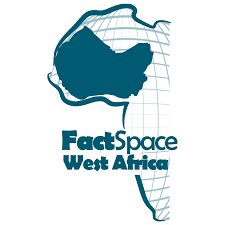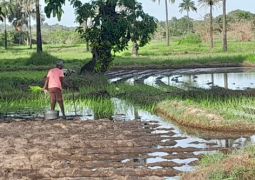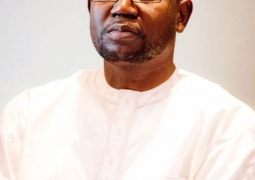
The production of the crowdsourced video and audio content was part of UNESCO’s component of the Peacebuilding Fund project entitled ‘Young Women and men as stakeholders in ensuring peaceful democratic processes and advocate for the prevention of violence and hate speech. The two-year project is jointly implemented by UNFPA, UNDP and UNESCO as part of efforts to enhance social cohesion and consolidation of democracy in the country.
Lamin Jahateh, project officer for UNESCO Gambia, explained that the production is a culmination of a series of initiatives UNESCO has been undertaking in the country to promote Media and Information Literacy (MIL) for young people. He said a total of 80 youth leaders from more than 40 youth organisations across the country were trained on MIL from last year to date.
“An additional training was organised for 20 organisations out of the 40 on mainstreaming MIL into policies and strategies. Thereafter, 10 organisations were supported to conduct step-down activities on MIL across the country.”
He added that acquiring MIL competencies allow individuals to confidently seek, critically evaluate and contribute to information online and offline. Mr Jahateh said that media and information competencies afford youth the know-how to participate ethically in public debate, and face and counter hate speech, disinformation and misinformation.
Demba Kandeh, non-executive director of FactSpace, dwelling on young people peddling hate speech, stated that the online space is vast and full of information, adding that some are good but there are messages that are very toxic.
“There is a need to raise awareness among individuals, especially the young people in order to ensure that there is a level of awareness among the socio groups we are targeting; to make them understand that there are a lot of challenges and not everything they see on the internet is true information.”
He urges young people to pay attention to messages they receive on Whatsapp or Facebook, adding they have to stop, think and reflect on the news before sharing or acting on it.
“This is part of advocacy around media information and literacy and is a series of events. Research was done to identify the gaps and it needs some recommendations on what action is needed to be taken. Some of them include the training, engagement with young and civil society organisations, raising awareness and creating messages among young people.”
Rosette Gomez, a law student at the University of The Gambia, expressed delight, saying if young people are taught well, then they would lead well.
Dwelling on why hate speeches are trending among young people, she said “there are more people spreading fake news and hate speech instead of countering it.”
Sulayman Saye, a journalism student at the University, said that hate speech is something that needs to talk about, stating that it’s prevailing in our society.
On how to prevent the spread of hate speech, he suggested that “it should start at the children's level by teaching them to know the difference between positive and hate speech.”
Amongst other speakers include Muhammed S Bah, president of The Gambia Press Union.
Read Other Articles In Headlines




